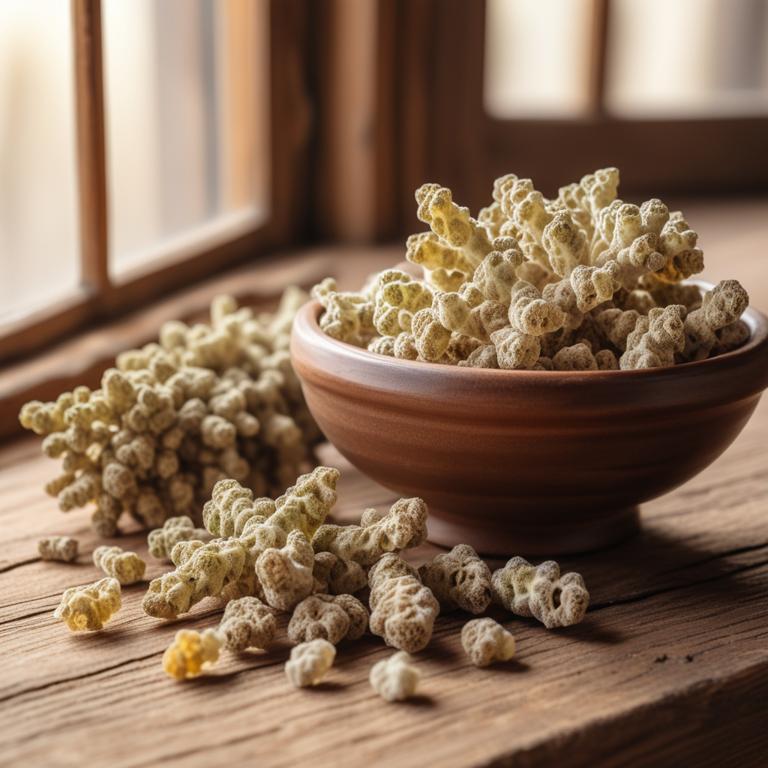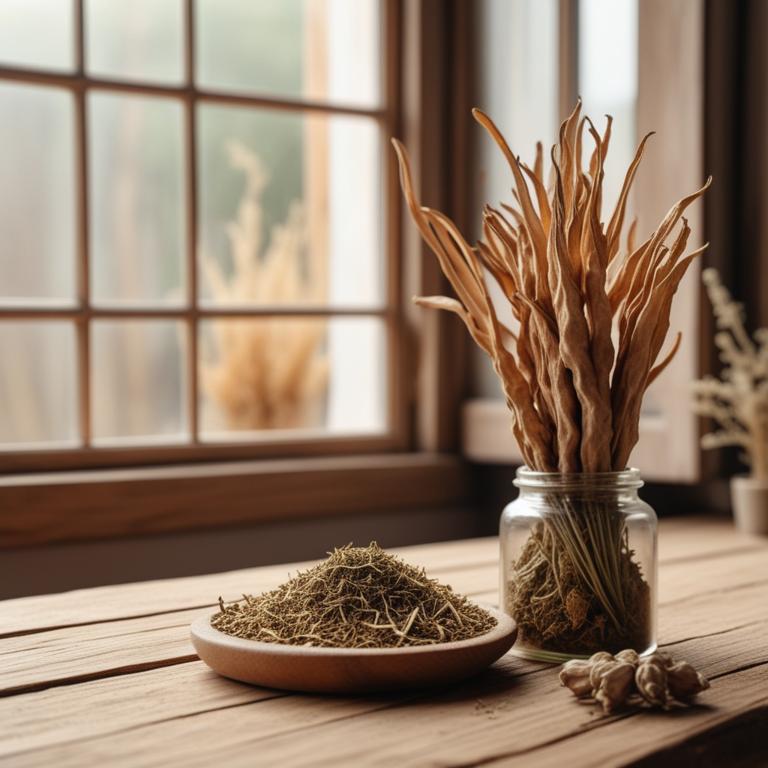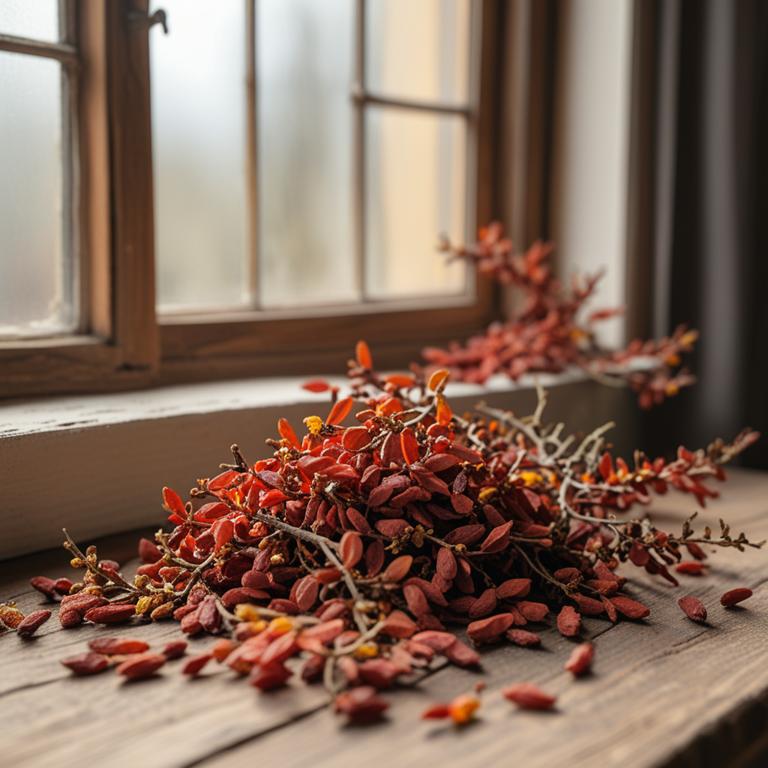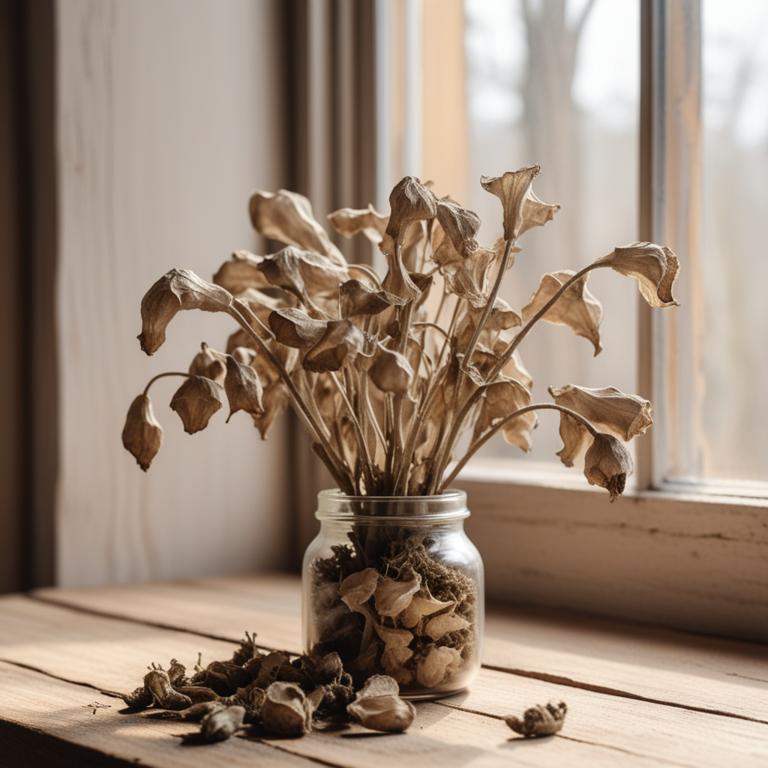Updated: Dec 1, 2024
Understanding Bunion Causes and Using Medicinal Herbs for Relief

A bunion is a painful bump that forms on the joint at the base of the big toe.
It can make walking, standing, and even simple activities like tying shoes very difficult. When the big toe starts to point towards the second toe, the joint can become inflamed and a bony growth forms, leading to chronic pain and discomfort. Bunions are often caused by wearing shoes that are too tight or don't fit properly, putting pressure on the joint. Genetics and certain medical conditions can also contribute to the development of bunions.
Fortunately, herbal remedies can provide relief from bunion pain. Plants like turmeric, ginger, and arnica have anti-inflammatory properties that can help reduce swelling and ease pain. Willow bark, which contains salicylic acid, has been used for centuries to treat pain and reduce inflammation. To use these herbs for bunion relief, you can try making a warm tea by steeping dried turmeric or ginger roots in hot water. You can also apply arnica oil or salve to the affected area to reduce pain and inflammation.
Some herbal supplements, such as capsules or tablets, are also available.
Table of Contents
What leads to the formation of a bunion?
The main causes of bunion are a combination of several factors that put pressure on the joint at the base of the big toe.
Wearing high heels can be a major contributor, as they force the big toe to angle inward and put pressure on the joint. This can lead to inflammation and pain in the area. People with flat feet may also be more prone to bunions, as their feet roll inward, causing the big toe to push against the joint.
Another common cause is toe deformity, where the big toe points inward, putting pressure on the joint and causing pain. Arthritis, a condition that causes inflammation and pain in the joints, can also lead to bunion development. Gout, a type of arthritis that causes sudden and severe pain in the joints, can also cause bunions.
Genetics can also play a role, as people with a family history of bunions may be more likely to develop them due to their foot shape and structure.
What benefits can be achieved by using herbs for bunion treatment?
When it comes to relieving bunion pain, using herbs can be a natural and effective solution.
These plants have been used for centuries to reduce inflammation, ease pain, and promote healing. One of the main benefits of using herbs for bunion is that they can help to reduce swelling and redness in the affected area.
This can make it easier to move around and perform daily activities without discomfort. Herbs can also help to reduce pain and stiffness in the joint, allowing for a greater range of motion and flexibility. Additionally, some herbs have antimicrobial properties, which can help to prevent infection and promote healing.
By using herbs to treat bunion, individuals can reduce their reliance on pain medications and other treatments that may have side effects.
What are the key medicinal herbs for bunion relief?
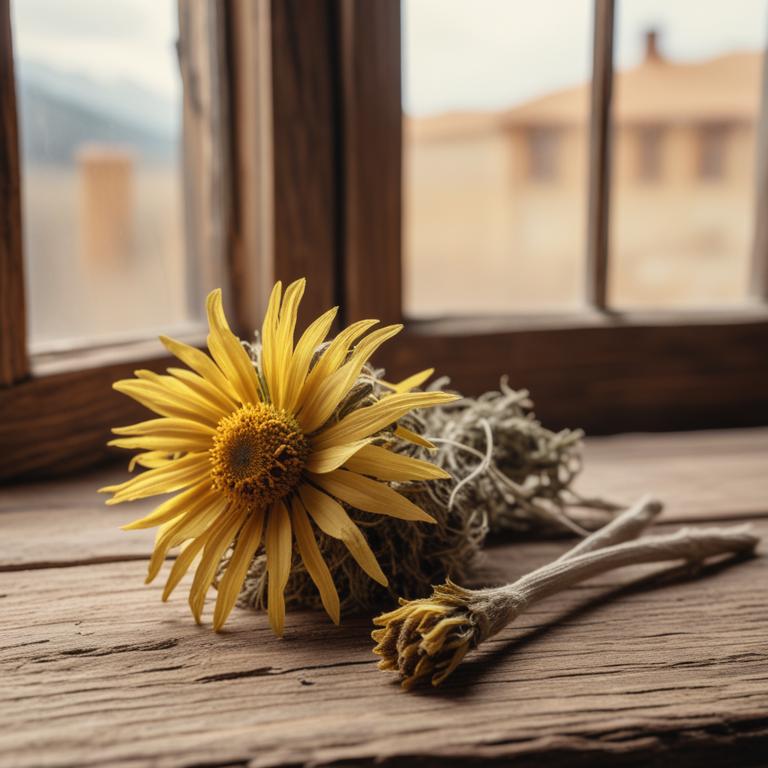
Herbs can be a great natural remedy for bunions.
For example, Arnica montana is known for its anti-inflammatory properties, which can help reduce swelling and pain caused by bunions. Its soothing effect can also calm irritated skin around the affected area. Another herb that can be beneficial is Glycyrrhiza glabra, also known as licorice root, which has anti-inflammatory properties similar to Arnica montana. It can also help reduce redness and swelling.
Aloe barbadensis, or aloe vera, is a natural gel that can be applied topically to soothe and calm the skin. It can also help reduce inflammation and promote healing. Cinchona officinalis, or Peruvian bark, contains quinine, a compound that can help reduce inflammation and relieve pain. Lastly, Melaleuca alternifolia, or tea tree oil, has antibacterial properties that can help prevent infection and promote healing.
When used together or individually, these herbs may help alleviate symptoms of bunions, such as pain, swelling, and redness.
What are the most popular herbal remedies used to alleviate bunion?
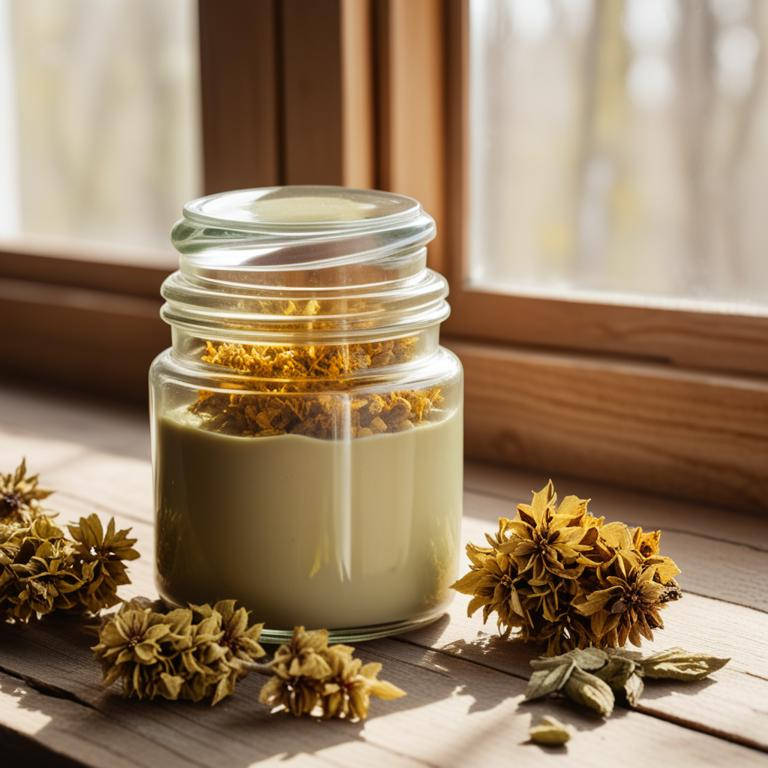
Herbal preparations can be a great help for bunions because they target the pain and inflammation.
A decoction, made by boiling herbs in water, can be used to make a warm compress that reduces swelling and relieves pain. This is especially helpful when you apply it directly to the bunion. An ointment can be rubbed directly on the bunion to reduce friction and ease the pain. It works by forming a barrier between the shoe and your skin, preventing further irritation.
An infusion, which is similar to a tea, can be used to make a drink that helps to reduce inflammation and ease pain. The anti-inflammatory properties in the herbs can help to reduce swelling and relieve pain. A cream can be applied directly to the bunion to reduce pain and inflammation. It's especially helpful when you need something that's easy to apply and doesn't stain your clothes. A salve, which is a type of ointment, can be applied to the bunion to protect it from further irritation.
It works by forming a barrier between the shoe and your skin, preventing further friction and pain.
Additional Resources:
Which herbs should be avoided in cases of bunion?
If you have a bunion, it's best to be careful with certain herbs.
Ginkgo biloba can make your blood thinner, which may cause your bunion to get worse because it can't heal properly. This is not what you want if you're already dealing with a painful bump on your foot. Podophyllum peltatum, or mayapple, can cause skin irritation and other allergic reactions, and if you have a bunion, your skin is already sensitive.
You don't need any more irritation or inflammation. Curcuma longa, or turmeric, has a compound called curcumin that can thin your blood, just like ginkgo biloba. This can be a problem if you have a bunion because it needs time to heal. Zingiber officinale, or ginger, can be okay in small amounts, but if you take too much, it can cause blood to thin and your bunion to get worse.
And Capsicum annuum, or cayenne pepper, contains a compound that can also thin your blood and irritate your skin, making your bunion even more painful.
FAQ
Are there any specific herbs that can prevent bunion?
Ginger and turmeric have anti-inflammatory properties that may help reduce bunion pain.
Willow bark, containing salicylic acid, can also ease discomfort. These herbs can be consumed as tea or added to food.
Some people find relief from bunion pain by applying topical creams or oils containing these herbs.
Is it safe to use herbal remedies for bunion during pregnancy?
When you're pregnant, it's best to use herbal remedies with caution.
Some herbs can affect your baby or cause complications. For bunions, some people use herbs like turmeric or ginger, which are often considered safe.
However, it's essential to check the ingredients and amounts carefully to avoid any potential risks.
Are there any herbs that can reduce the frequency of bunion?
Ginger and turmeric have anti-inflammatory properties that may help reduce swelling and pain associated with bunions.
They can be consumed as tea or added to food. Some people also use these herbs topically as creams or ointments to apply directly to the affected area.
This may help ease discomfort and promote healing.
Can i combine different herbal remedies for bunion?
You can combine different herbal remedies for bunions, but be cautious.
Some herbs like turmeric and ginger have anti-inflammatory properties that can help reduce pain and swelling. Others, like arnica and tea tree oil, can soothe and calm the affected area.
However, always use them in moderation and as directed to avoid any potential interactions.
Related Articles
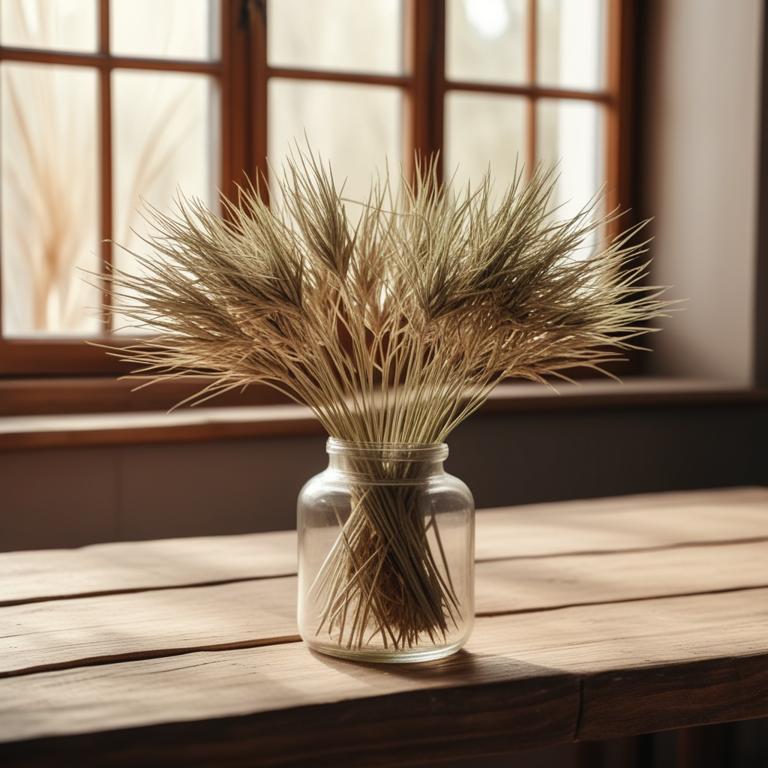
Foot Pain: Causes, Herbal Treatment Options, and Natural Preparations
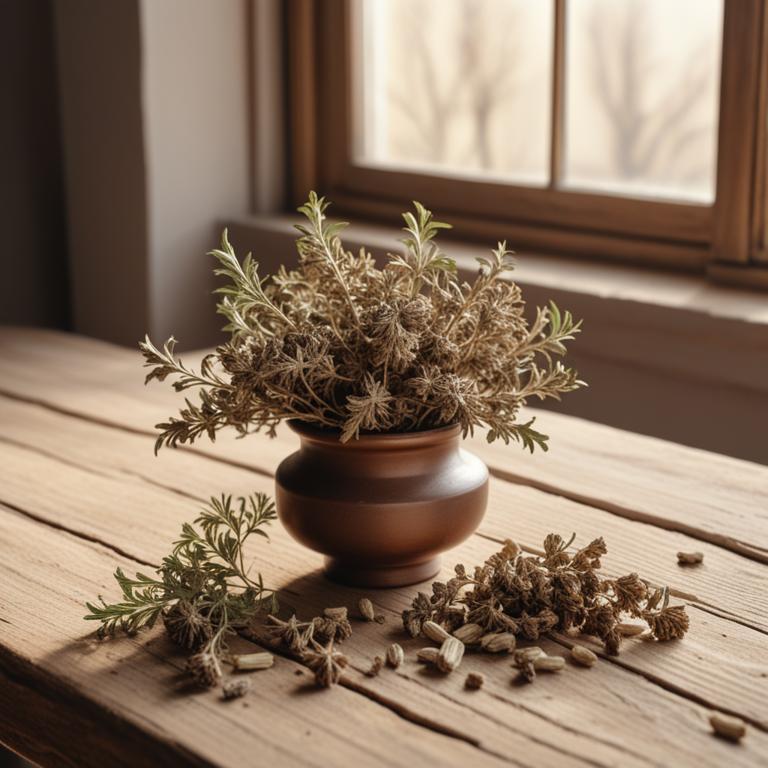
Difficulty Chewing: Understanding the Causes and Medicinal Herbs

Natural Relief for Cramps: Medicinal Herbs and Their Preparations
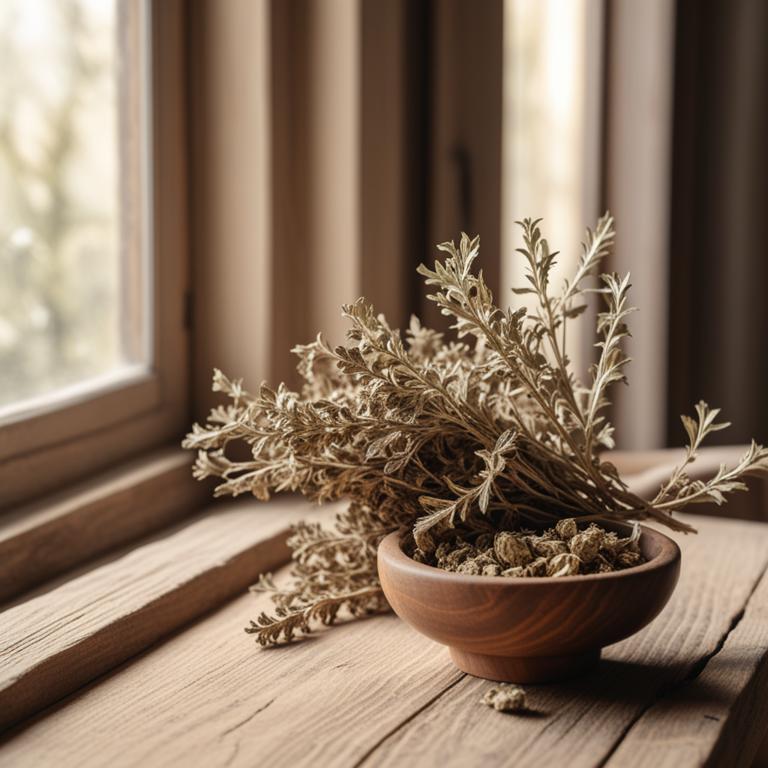
Jaw Lock: Causes, Medicinal Herbs, and Alternative Herbal Treatments
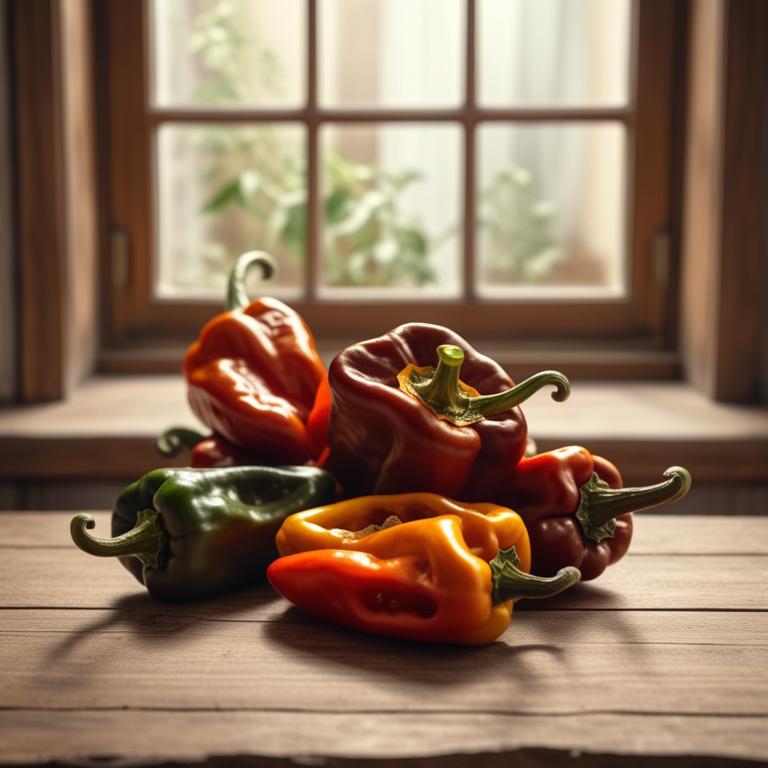
Causes of Joint Pain and Natural Relief through Medicinal Herbs and Preparations
